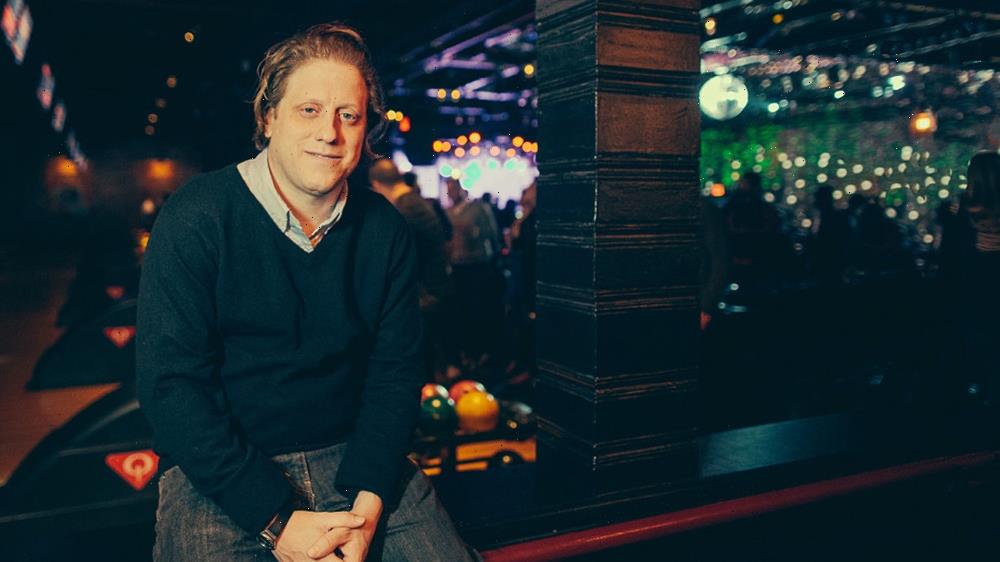They will write about it — the sports commentators and the sports historians — and the fans, or the older ones at least, will talk about it when they talk of summer and baseball. I’ll write about Vin Scully’s voice too, that honeyed tenor voice.
It’s June in 1961, early evening with light still in the sky, but the bedroom I share with my older brother is filling with shadows. Our twin beds have matching Roy Rogers bedspreads, and the room’s wallpaper is a pattern of cowboys roping steers and riding broncos. Scully’s voice comes from the radio on the dresser in a meter and in a tone that seem to belong to us.
The voice had been keener, his cadence faster in calling games for the Brooklyn Dodgers. His voice mellowed, came at a more relaxed pace in Los Angeles.
We all know about radio’s ability to create intimacy. And so the radio effect is part of the reason why I remember those June evenings (absurdly early to go to bed it seems now) so clearly, listening with my brother until overcome by sleep as that voice — often matter-of-fact but at times with feeling — called the game.
We weren’t Dodger fans particularly, and neither were our New York-born parents, although we saw the Dodgers play at Memorial Coliseum in Exposition Park that summer in 1961. I read the Los Angeles Times every morning over a plate of two fried eggs and two strips of bacon, so I knew something about the team and their standing in the league. I knew something because I read about it in Jim Murray’s column in the sports section. I read Murray and Jack Smith and other Times columnists and added the rhythm of their voices to Scully’s in my mind’s ear.
The loyalties of a 12-year-old boy are mostly tribal, so listening to ballgames had a private dimension. Scully was Catholic (as my family was) and a graduate of Fordham College (my father’s school). I imagined he was one of us.
There are other Dodger voices, of course. Jaime Jarrín has been the Spanish language voice of the team since 1959, creating a parallel Los Angeles out of balls and strikes and comments on the qualities of this place. The twinned cities of Los Angeles that Scully and Jarrín have made with their voices may seem like different cities, but their borders are unguarded. Sound travels.
The commentators will write about these voices binding up a fragmented metropolis, with so many different cities within the city, so many different ways to be an Angeleno. But I didn’t hear Scully coaxing me to share an Angeleno identity so much as showing me a voice’s conjuring power.
He talked about the weather, about the twilight gathering, about the history of the game, about nothing really that important. That voice, with calm assurance, said that sometimes talking about nothing really that important spoke something into being. A voice could do that, I found as I listened. Later, as a writer, I would want to do that too.
There will be those who will remember specific games in the voice of Vin Scully, how he called a game-changing play, how a favorite story would extend through a succession of pitches. I’ll remember summer evenings and the radio in the soft light. I will remember the poetry.
D. J. Waldie’s most recent book is “Becoming Los Angeles: Myth, Memory, and a Sense of Place.”
This story originally appeared in Los Angeles Times.
Source: Read Full Article

